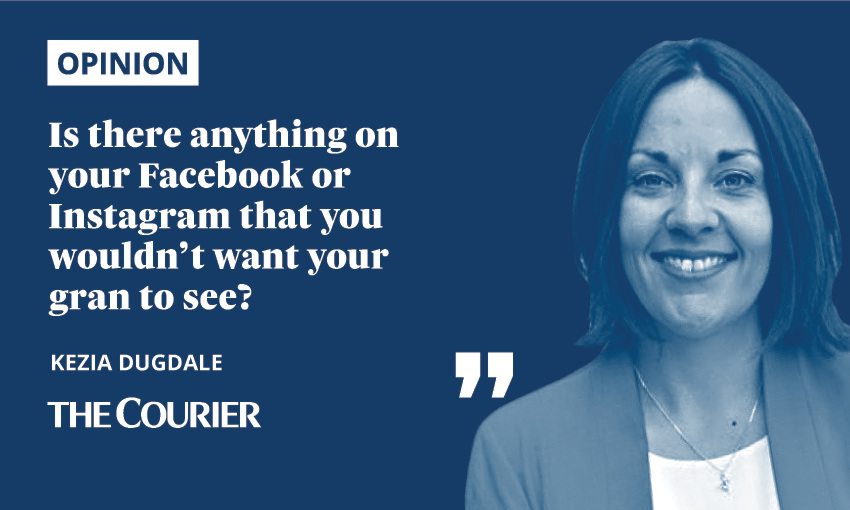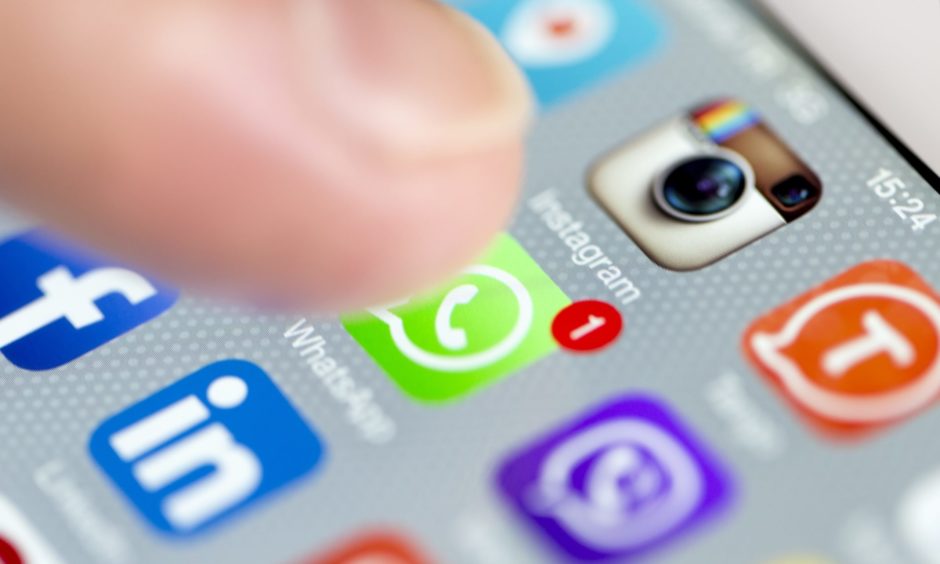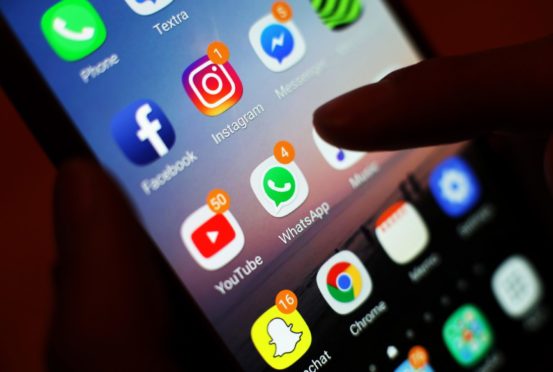When a computer’s memory is longer than our own, we’ve got a problem.
I’ve been thinking recently about the English cricketer Ollie Robinson who has been suspended from his national side for racist and sexist tweets he wrote 10 years ago.
I have zero interest in cricket and to this day I couldn’t tell you if he was a batsman or bowler.
Literally the only thing I know about him is that he sent these racist and sexist tweets.
His public image beyond his cricket fan base now knows him only for this and it’s a stark warning for everyone with an active social media life.

I was delighted to see the English footballer Raheem Sterling awarded an MBE for the work he’s done on racial equality in sport and found myself spitting hoops at the suggestion that England “taking the knee” was gesture politics.
You only have to spend 5 mins looking at the racist abuse Raheem faces online to see the onslaught he faces and the grace with which he has handled it.
To offer him solidarity and to send such a strong statement of defiance at racism wherever it is found feels only right to me.
Online abuse is a major problem across sport and in the political sphere too. In fact, you’d struggle to find an arena in public life that doesn’t have its detractors, trolls and midnight keyboard warriors.
Much of it is done anonymously and I still can’t fathom why anonymous accounts on websites like Twitter are allowed to operate.
No one has a divine right to abuse another, especially if that abuse causes its recipient fear and alarm.
Tidying that up would at least cleanse social media of it’s very worst abusers.
Cricket authorities right to act
So what about those who are willing to put a name and face to their words like a young Ollie Robinson of 10 years ago?
He should be punished, of course he should and he has.
I also think it’s right that he’s been suspended while the cricketing authorities investigate whether there’s anything else about his behaviour that should be known.
Were these tweets laddish attempts at humour from a teenage boy or do they represent the views of a man who still holds those views but now wouldn’t dare tweet them.
Racism is racism and should be called out at every turn regardless.
But if the authorities find nothing else, I’d like to think that his apology can be accepted, that he’s suitably punished, he can move on and that he’s allowed to.
The febrile nature of the “Culture wars” just now suggests that won’t be that easy.
Distraction from the real issues
We’re being forced into two tribes, the first being woke warriors who are portrayed as waiting to hound out anyone who has ever said something unacceptable and the second a group of undeconstructed luddites.
Neither is of course true, but it suits some very powerful people to set these two tribes together and chuck in some red meat for them to fight over to distract from something more troubling in the news agenda.
And more often than not, we’re falling for it.

I turned 18 in 1999 and joined Facebook in 2004. That meant my entire time at university predated Facebook and I’m very grateful for the lack of digital documentation for those few years.
I wasn’t the wildest of childs by any stretch of the imagination, but there’s a decent chance a few of the pictures might have found their way into the hands of tabloid journalists during my time in Parliament.
I joined Twitter in 2008 and might easily have said something in the early 2000s which could have haunted me 20 years on.
Young lives lived online
Anyone under the age of 30 today is guaranteed to have their entire life documented online on a number of different platforms.
In fact, it’s one of the first things we talk to our interns about at the John Smith Centre.
After a rigorous application and interview process, we sit them down and ask them to think about how the present themselves online before we place them with the future employer.
Is there anything on your Facebook or Instagram that you wouldn’t like your employer to see? Put it another way, is there anything you wouldn’t want your gran to see?
Forgive or forget?
They tend to glaze over a little bit and shrug their shoulders, then we show them what we were able to find with a very quick public search of their profiles and they’re often shocked.
Social media started as a sort of leisure activity, now it’s integral to most young people’s entire lives and I’m not sure we’re doing enough to give people the skills to cope with the impact its having on both their personal and professional prospects.
That needs to change and when our computers don’t forget, maybe we need to try just a little harder to forgive.

